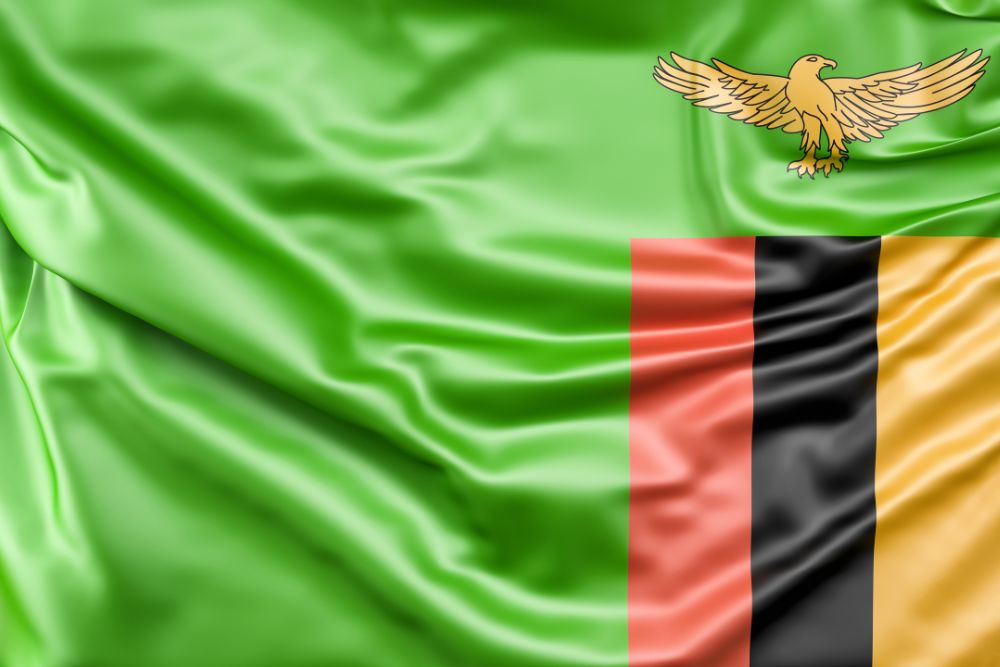The International Commission of Jurists – in collaboration with the Mental Health Users Network of Zambia (MHUNZA), Disability Rights Watch (DRW), the Southern Africa Litigation Centre and the Validity Foundation – have made a joint submission to the UN Committee on the Rights of Persons with Disabilities (the Committee), ahead of the examination Zambia’s initial report under article 35 of the UN Convention on the Rights of Persons with Disabilities (CRPD) on 6 and 7 March 2024. The joint submission provides a detailed overview of some of the challenges and human rights violations experienced by persons with disabilities, with a particular focus on persons with intellectual disabilities and persons with psychosocial disabilities.
With respect to access to justice and legal capacity, the Criminal Procedure Code allows for a declaration of purported “unfitness to stand trial” for individuals who are deemed to be of “unsound mind”, which can lead to their indefinite institutionalization until they are released through a pardon from the President.
“All assessments of persons with disabilities in all legal proceedings should be aimed at providing individualized procedural, age and gender-appropriate accommodations and supports in order to facilitate their effective participation in the justice system on an equal basis”, said Wilson Macharia, ICJ Africa’s Associate Legal Advisor.
“The practice of detaining persons with disabilities at the ‘President’s pleasure’ is discriminatory and a violation of the human rights of persons with disabilities”, he added.
The joint submission details how the Zambian legislature has failed to ensure compliance with the country’s obligations under the CRPD. Despite efforts of disability rights advocates warning the legislature of such obligations, the Mental Health Act of 2019 still maintains a medical model of disability contrary to Zambia’s obligations under the CRPD. Section 4 of the Mental Health Act establishes a framework of substituted decision-making and allows restrictions on the exercise of legal capacity by persons with intellectual disabilities and persons with psychosocial disabilities.
“The Act represents not only a missed opportunity to redress the historic injustices faced by persons with intellectual disabilities and persons with psychosocial disabilities that prevailed under the old, colonial era, Mental Disorders Act. But, unfortunately, the Mental Health Act also entrenches our legal and social exclusion within and far beyond the mental health system,” said Sylvester Katontoka, MHUNZA’s Executive Director.
Zambian courts continue to enforce these discriminatory laws despite section 3 of the Persons with Disabilities Act expressly stating that its provisions should prevail over inconsistent provisions in other laws, such as the Mental Health Act. The submission raises concern that the Zambian High Court has incorrectly characterized the Persons with Disabilities Act as a “subordinate piece of legislation”, resulting in a failure to apply CRPD-compliant provisions of the Act.
“Treating the Persons with Disabilities Act, which domesticates the CRPD, as a subsidiary legislation, undermines efforts to abolish discriminatory laws and the discriminatory application of laws against persons with disabilities in Zambia”, says Steven Allen, the Validity Foundation’s Executive Director.
Zambia is yet to ratify the Optional Protocol to the CRPD, although the Protocol’s “domestication” is set out as one of the express purposes of the Persons with Disabilities Act in its Preamble. Zambia is also yet to ratify the African Disability Protocol, a regional instrument aimed at promoting, protecting, and ensuring the full exercise of all human and peoples’ rights for persons with disabilities in Africa.
“The failure by Zambia to ratify the Optional Protocol to the CRPD means that disability rights advocates cannot challenge domestic authorities’ decisions and seek remedies for violations of the rights of persons with disabilities before the CRPD Committee”, said Wamundila Waliuya, DRW Director.
Persons with disabilities also face significant challenges in exercising their right to participate on an equal basis in political and public life. Section 7(1)(d) of the Electoral Act, for example, prohibits individuals deemed to be of “unsound mind” or those detained at the President’s pleasure from registering to vote. Furthermore, the Zambian Constitution has discriminatory provisions that disqualify persons with disabilities from holding various constitutional offices if their “mental or physical disability” purportedly renders them “incapable” of fulfilling the duties of office.
Similarly, the Criminal Procedure Code still maintains deeply derogatory terms, such as “idiot”, “imbecile” and “persons of unsound mind”, to refer to persons with intellectual disabilities and persons with psychosocial disabilities.
Background
Zambia ratified the Convention on the Rights of Persons with Disabilities on 1 February 2010 and enacted the Persons with Disabilities Act 2012 with the stated aim of domesticating the Convention. Zambia submitted its initial report to the Committee on the Rights of Persons with Disabilities on 19 September 2017, five years after it was due in 2012. On 20 October 2020, during its 14th session, the Committee on the Rights of Persons with Disabilities issued a list of issues in relation to the initial examination of Zambia.
The Committee on the Rights of Persons with Disabilities will consider Zambia’s
compliance with and implementation of the Convention on 6 and 7 March 2024, including through a constructive dialogue with representatives of the Zambian government, as well as representatives of Zambian civil society.
The joint submission addresses the following CRPD provisions:
- Purpose and General Obligations (Articles 1 – 4);
- Equality and Non-Discrimination (Article 5);
- Women with Disabilities (Article 6);
- Equal Recognition Before the Law (Article 12);
- Access to Justice (Article 13);
- Living Independently and Being Included in the Community (Article 19); and
- Right to Political Participation (Article 29).
Resources
The Convention on the Rights of Persons with Disabilities
Initial report to the Committee on the Rights of Persons with Disabilities
List of issues in relation to the initial report of Zambia
Zambia Persons with Disabilities Act 2012





